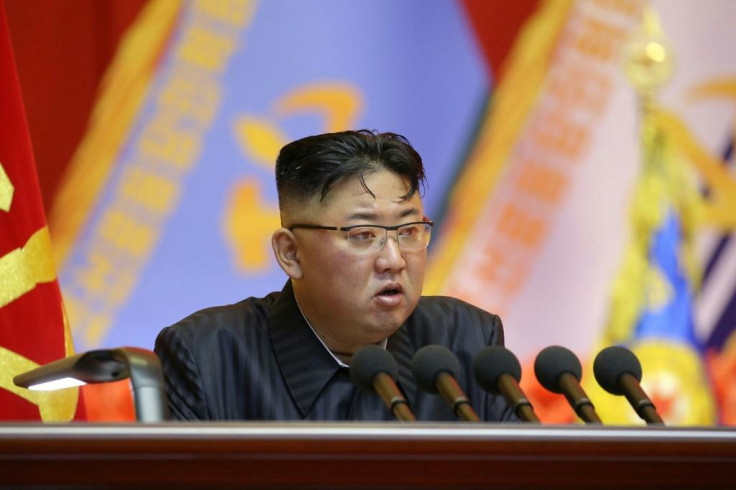North Korea appears to have restarted nuclear reactor: UN agency
IAEA inspectors were kicked out of North Korea in 2009, and the agency has since monitored it from outside.
Nuclear-armed North Korea appears to have restarted its plutonium-producing reprocessing reactor in a "deeply troubling" development, the UN atomic agency has said, a possible sign Pyongyang is expanding its banned weapons programme.
The development on the 5-megawatt reactor in Yongbyon -- North Korea's main nuclear complex -- comes with nuclear talks between Pyongyang and Washington at a standstill.
North Korean leader Kim Jong Un offered to dismantle part of the Yongbyon complex at a second summit with then US president Donald Trump but not other sites, in exchange for sanctions relief, and his offer was rejected.
North Korea is under multiple sets of international sanctions over its nuclear weapons and ballistic missile programmes, which have seen rapid progress under Kim.
"Since early July, there have been indications, including the discharge of cooling water, consistent with the operation of the reactor," the International Atomic Energy Agency said in its annual report.
The Yongbyon reactor appeared to have been inactive from December 2018 until then, added the report dated Friday.

IAEA inspectors were kicked out of North Korea in 2009, and the agency has since monitored it from outside.
The possible operation of the reactor follows a recent indication that Pyongyang is also using a nearby radiochemical laboratory to separate plutonium from spent fuel previously removed from the reactor.
The signs of the reactor and laboratory operations were "deeply troubling", the IAEA said, adding the activities were a "clear violation" of UN resolutions.
About 100 kilometres (60 miles) north of Pyongyang, Yongbyon is home to the country's first nuclear reactor, and is the only known source of plutonium for North Korea's weapons programme.
Yongbyon is not believed to be North Korea's only uranium enrichment facility and closing it down would not in and of itself signal an end to the country's atomic programme.
North Korea suspended nuclear and missile testing during a diplomatic process in 2018 but said it was abandoning its self-declared moratorium in January 2020.
It has subsequently carried out a series of short-range missile launches but has not conducted a nuclear test since 2017.
Copyright AFP. All rights reserved.
This article is copyrighted by International Business Times, the business news leader





















